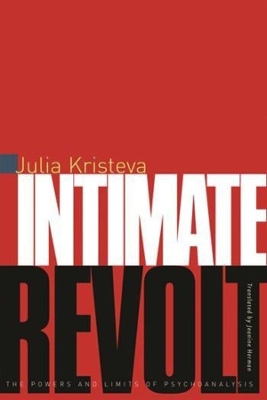Julia Kristeva, herself a product of the famous May '68 Paris student uprising, has long been fascinated by the concept of rebellion and revolution. Psychoanalysts believe that rebellion guarantees our independence and creative capacities, but is revolution still possible? Confronted with the culture of entertainment, can we build and nurture a culture of revolt, in the etymological and Proustian sense of the word: an unveiling, a return, a displacement, a reconstruction of the past, of memory, of meaning? In the first part of the book, Kristeva examines the manner in which three of the most unsettling modern writers-Aragon, Sartre, and Barthes-affirm their personal rebellion. In the second part of the book, Kristeva ponders the future of rebellion. She maintains that the "new world order" is not favorable to revolt. "What can we revolt against if power is vacant and values corrupt?" she asks. Not only is political revolt mired in compromise among parties whose differences are less and less obvious, but an essential component of European culture-a culture of doubt and criticism-is losing its moral and aesthetic impact.
- ISBN10 0231114141
- ISBN13 9780231114141
- Publish Date 18 April 2002
- Publish Status Active
- Publish Country US
- Imprint Columbia University Press
- Format Hardcover
- Pages 392
- Language English
